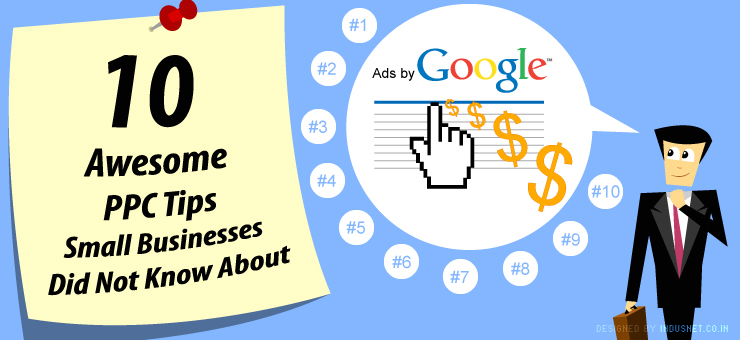
If you are a business that offers services or products, it is also important to make your presence felt online. Granted, you have more international clients and consumers but advertising online will only add to your credibility and success. With that in mind, you can’t afford to avoid PPC online advertising. It helps you to gain both local and distant audiences, which will prove to be invaluable in the long term.
These tips are handpicked from a collection of bankable options to suit your campaigning needs.
1. Weigh your options among various PPC models
With the introduction of more channels like mobiles and handheld devices, there are a number of models available in the markets, which are an improvisation of PPC marketing. Pay Per Action (PPA) is also a reliable model for the advertiser based on the business objectives of driving users to the site and gaining conversions. CPM-based model is another entrant to this new category of improvised approach to PPC marketing and is more effective from a branding perspective.
For these models, it is advisable to gauge the worth of each conversion with a focus on the end goal, the worth of each visitor and the amount you end up paying per thousand impressions.
2. Have a bit of foresight
Traffic is not an end goal. Devise a plan with clear goals and objectives in mind: What is it that your PPC campaign needs to do to attain the desirable objectives? What are the key performance indicators you can use for the measurement of the plan? What are the key metrics that are helpful in gauging the performance?
The goal of your PPC campaigns should be the materialization of the clicks into conversions. During the course of the campaign you can realize that measuring the effect of the PPC campaign on the business objectives is critical to improving ROI, and not performance metrics.
3. Measure and track
Be sure to measure your key performance indicators through your analytics tracking. Use keyword-level ROI to curb expenses and focus on them. This can accurately measure the effect of each keyword on the business by merging data from several sources.
4. Optimize the conversion path
The traditional thought is that the conversion path starts with the user being directed to the landing page, when, factually it starts the moment the user interacts with your ad on the SERPs (Search Engine Results Pages).
All of the tactics you use (including ad copy, targeting, landing page managing and the subsequent site conversion path) must be dictated by the end goal. Messaging and offers should pitch a consistent effort to gain conversion and nurture the lead into a prospect for the sales department. The conversion path should answer all the queries in the user’s mind to facilitate him in his decision of purchasing the product or not.
5. Test each piece of information you reveal
The key to a successful test strategy lies in achieving the right balance between the size of the test and the size of the account. The larger the test, the longer is the testing process to gain statistically relevant data. Irrespective of the size of the test, budgeting the necessary time is as important as budgeting the media spend.
6. Get over behavioral targeting and explore other options
No doubt, behavioral targeting produces effective results in PPC marketing, but there are other well laid out options too such as geo-targeting, day-parting and demographic targeting.
For example, as the name suggests, geo-targeting helps you to cater to your users of a specific region or location. To illustrate, selling skiing gear in Florida wouldn’t be rewarding, but selling air conditioners would be.
7. Vouch for vertical search engines
Vertical search engines are most suitable for your small business as they present an effective method of lowering cost per click and improving overall quality of traffic. Their services fit in a limited budget.
8. Try to take a peek into your prospective user’s life to understand them better
Analysis on keywords leads you to torso keywords as the best option suitable to your business needs. This options fares well with the cost criterion in this campaign but has comparatively lower search volume than long tail keywords.
9. Quality score is merely an indicator and not a destination
A poor one indicates that you look into your ad copy, landing pages and keywords, or reassign ad groups in an effort to adjust it.
10. Measure and keep a tab on cost per conversion and not on cost per click.
Being the vast subject that effectively managing a PPC campaign is, these are the most useful tips that can be included in this article to acquaint you with, so that you can utilize them and be assured of a smooth and successful campaign.